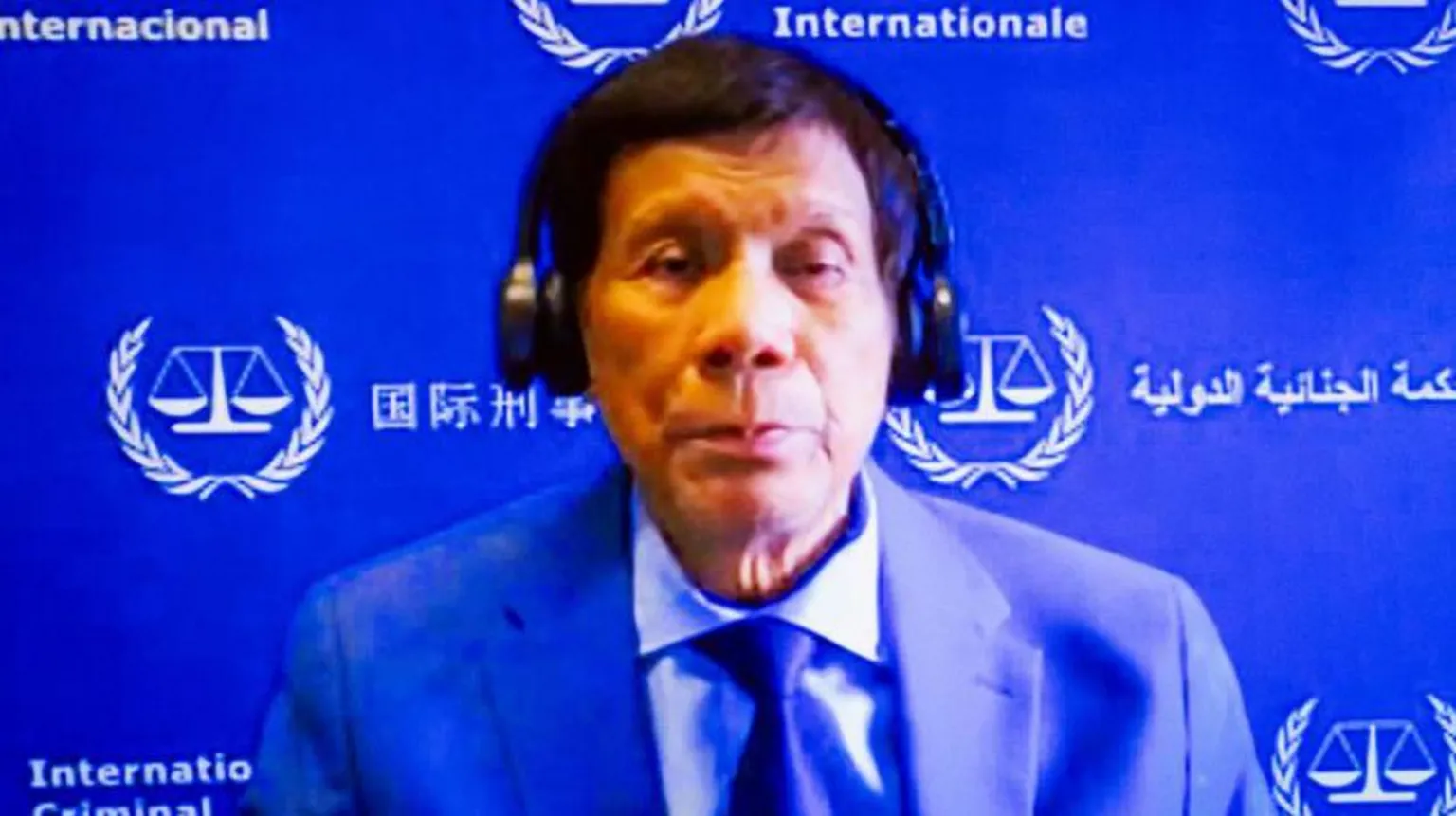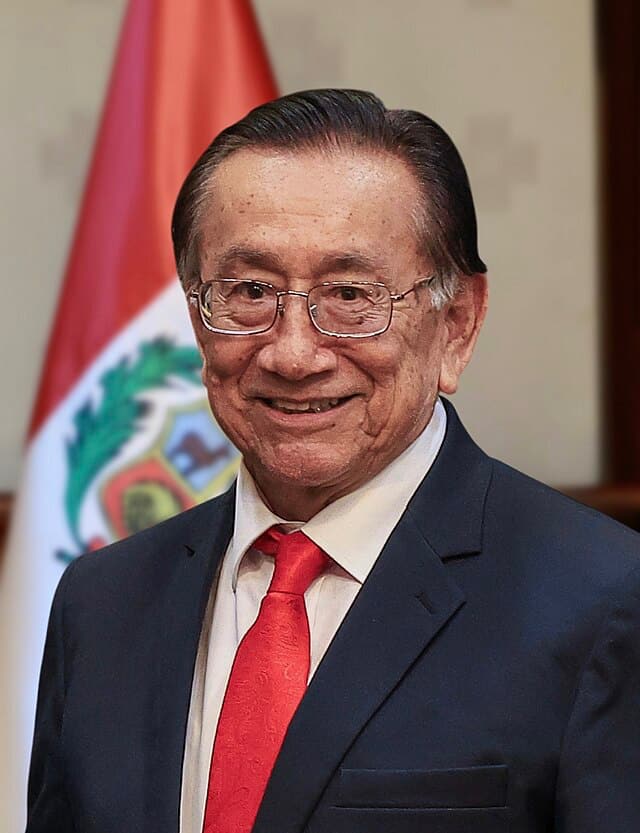Bridging the Wealth Gap: A Blueprint for Poverty Eradication
Redefining 21st century economics to eradicate poverty.
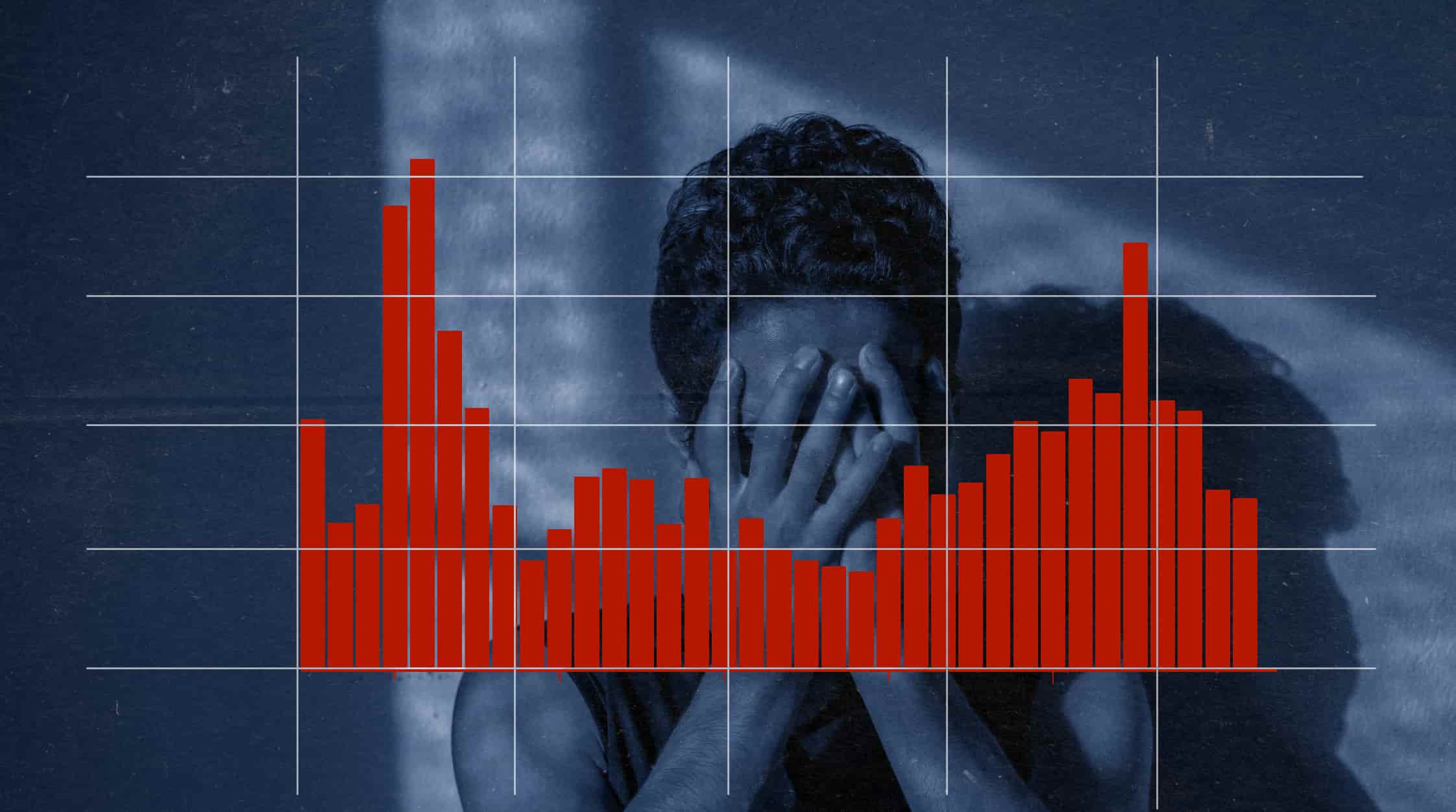
Redefining our modern self-serving economics to eradicate poverty.
Reality is what keeps us safe. It informed our past and it guides our present. Reality is our safe zone. It is the anchor on which our boat is secured. It is the devil we know.
However, as anyone who has owned a boat can tell you, a tight anchor is the surest way to sink your boat: a change in tide, a swell… and without the leeway in your rope, you are underwater. The fact is, reality changes and unless we adapt and evolve with it, we are done for.
‘The poor you will always have with you’
When Jesus uttered the above words, after his disciples complained at the waste of the expensive perfume a follower had been pouring over his head, he was referring to that specific situation and certainly not prophesying or decreeing that poverty is an integral part of society’s make up. Sadly, that is how many Christians interpret it. Indeed, traditions and religions have often advocated the inevitability or even the desirability of poverty.
It isn’t. It is compassion that is missing, not resources
I am not referring to the detachment of the likes of St. Francis of Assisi. I am referring to the marginalised classes: Dalits, serfs, slaves and the millions of people who struggle to survive because the odds are squarely set against them… In other words, the exploited. They are a convenience to the powers that be who have a vested interest in promoting the big lie: it’s just the way it is: “The poor you will always have with you.” Well, no it isn’t. It is compassion that is missing, not resources.
True, some people want to be poor; many monks and nuns, for instance, actually take a vow of poverty. Others may be too lazy not to be poor, or they may not have the necessary survival skills, such as holding down a job or budgeting. Some may have debilitating disabilities that would require them to rely on others. None of this, however, takes away from the fact that no one needs to be poor. There is plenty for the lot of us! This is not Utopia; this is fact.
Maximising our resources
In her book Doughnut Economics: Seven Ways to Think Like a 21st-Century Economist, Kate Raworth argues that the citizens of the coming decades are being shaped by an outdated mindset. This mindset, which she describes as rooted in outdated textbook theories from the 1850s, is proving to be a hindrance to progress in the 21st century.
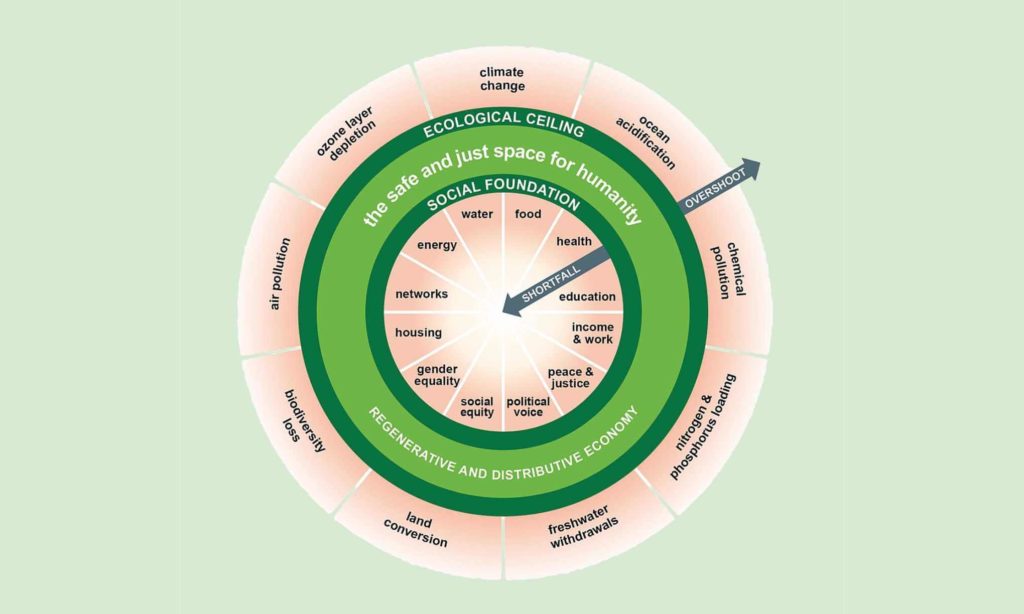
The Doughnut economic model.
Raworth proposes the concept of the “doughnut” as a solution, representing the safe space for humanity to flourish within the limits of both our social needs and environmental boundaries.
“Achieving sustainable development means ensuring that all people have the resources needed – such as food, water, health care, and energy – to fulfil their human rights. And it means ensuring that humanity’s use of natural resources does not stress critical Earth-system processes…”
Despite this wake up call, founded on sound principles, “Growth! Growth! Growth!” is still the mantra of parties on most sides of the political spectrum. Even the United Nations’ Sustainable Development Goals are loaded towards growth, pitching sustainability as a mere an accessory to growth. This sort of growth is like a cancer that is blind to the bigger picture and scurries towards its own destruction.
The meat and dairy industry is a textbook example of this self-destructive frenzy. The industry is gobbling up land and water resources that could feed the whole world several times over. According to PETA:
“It takes 1,000 gallons (4.55 m³) of water to produce just one gallon of milk, and beef has an overall water footprint of roughly 4 million gallons per ton. By contrast, the water footprint of vegetables is about 85,000 gallons (ca. 386 m³) per ton.”
In other words, plant-based diets can easily reduce water consumption by up to 50 percent and according to some estimates this alone could feed an additional 1.8 billion people; that is, almost a fourth of the world’s population.
We can add to that the extreme pollution of air, land and water created by the industry, which degrades or destroys resources far beyond the reaches of national borders. According to the UN’s Food and Agricultural Organisation (FAO), for instance, meat and dairy accounts for around 14.5% of global greenhouse gas emissions. Many studies also highlight the risks to dwindling freshwater supplies.
Truth or Drought, for instance, points out that “one single slaughterhouse in Illinois is the largest nitrogen polluter of waterways in the US, every single day producing more than 2 million gallons of wastewater to kill 20,000 pigs…”.
Of course, there are other downsides to the industry and these can exacerbate poverty in less obvious ways. The cruelty involved which immunises people to the suffering of others, is one, while the health problems associated with meat and dairy is another; after all. One needs to be relatively healthy in order to work.
The meat and dairy industry is just one example. There are countless other industries that should be abolished or trimmed down owing to the disordinate stress they inflict on the planet and its resources.
This said, production is only part of this issue; the other is wastage. According to the FAO, one-third of all food around the world is wasted. This amounts to about 1.4 billion tons of food every year. The wastage starts right at the beginning of the production line and ends in our bins, or more accurately in landfills, because that is where it ultimately ends up, adding further to the environmental stress. This recklessness can only be tackled through national and international legislation as well as education at all levels.
We may also need to challenge some of our priorities. True, we are all entitled to our little luxuries, but here is some food for thought: in 2021, Americans spent $124 billion on pet products and services: that is more than the nominal GDP of several of the poorest countries put together! And while dog and cat homes are brimming with unwanted animals, breeders are busy at work trying to bring more and more animals into existence.
Fairer distribution of wealth
In January 2023, OXFAM published another one of it shocking reports highlighting how most of the world’s wealth rests in the hands of an unchosen few! The report, Survival of the Richest: How we must tax the super-rich now to fight inequality, offers realistic, fair and clear guidelines on how this can be done, while stressing, at the same time, why it must be done. Colombia’s Minister of Finance and Public Credit, José Antonio Ocampo, sets the scene in one of the prefaces:
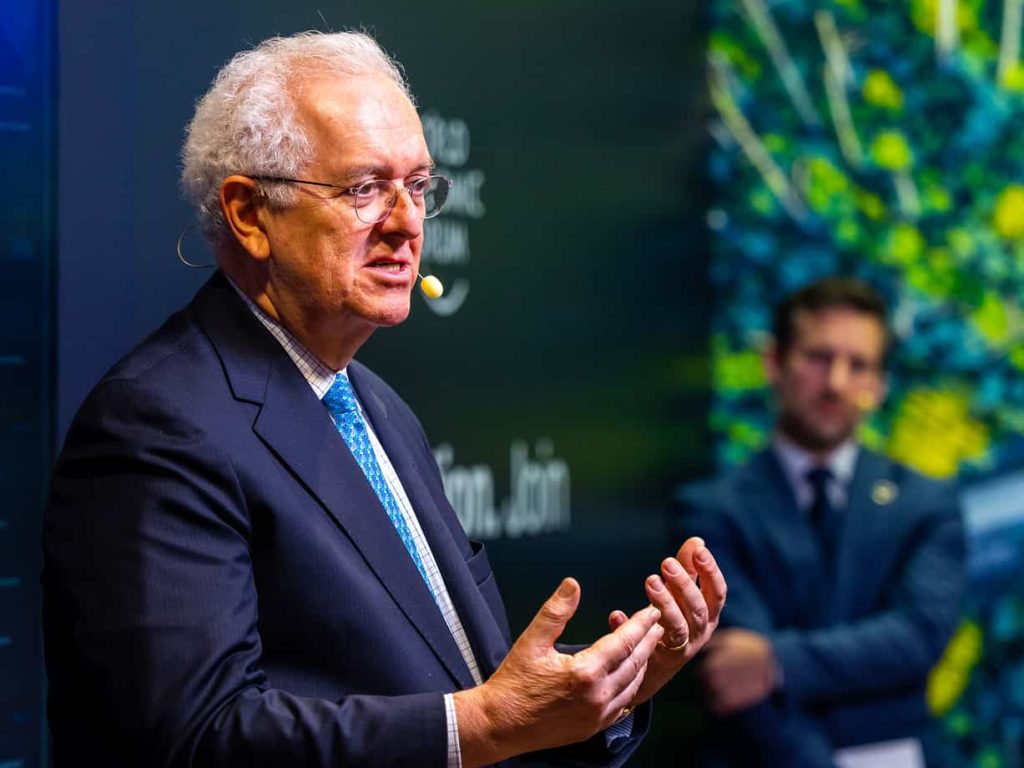
“Taxing the wealthiest is no longer an option—it’s a must.” José Antonio Ocampo, Minister of Finance of Colombia. Photo: World Economic Forum/Ciaran McCrickard © CC 2.0
“Taxing the wealthiest is no longer an option—it’s a must. Global inequality has exploded, and there is no better way to tackle inequality than by redistributing wealth. As Oxfam’s report shows, the richest 1% bagged nearly two-thirds of all new wealth over the past two years, nearly twice as much money as the bottom 99% of the world’s population.”
The Executive Summary goes further and put some faces on the statistics:
“Elon Musk, one of the world’s richest men, paid a ‘true tax rate’ of just over 3% from 2014 to 2018. Aber Christine, a market trader in Northern Uganda who sells rice, flour and soya, makes $80 a month in profit. She pays a tax rate of 40%.”
One does not have to wear a mask, carry a sack and sport a stripped T-shirt to be a thief, government officials do it quite comfortably in a suit and tie, or a dress.
It goes back to the mentality mentioned above that looks at poverty as a necessary evil and wealth as a privilege with no limits. Liz Truss, the UK Prime Minister who lasted a mere 44 days in office, from 5 September 2022 to 24 October 2022, was a perfect example of this cynical approach to taxation. The reason she was outlasted by a lettuce (as had been foretold) was not because of her contempt for the working masses, but because of her inability to cloak her schemes in an aura of respectability.
Still, even the fairest and most effective national taxation regimes cannot by themselves address global issues of poverty sufficiently. A federal world order could resolve this problem in one stroke, but in the meantime, mechanisms need to be in place to ensure that wealth is also distributed globally.
According to a recently published UN report titled The State of Food Security and Nutrition in the World 2022, there is a reverse trend in tackling poverty as “the number of people affected by hunger globally rose to as many as 828 million in 2021. Indeed, poverty is ubiquitous and often present where we would least expect it. The United States Census Bureaux, for instance, puts the 2021 rate of poverty in the US at 11.6 percent, amounting to an eye-watering 37.9 million people in poverty. Despite this, fairer national tax systems at home are more likely to pave the way for a fairer global distribution of wealth.
Stringent social services policies
A government can have a cornucopia that oozes money, but even that will not necessarily guarantee that the funds are being used to address poverty and inequality. The gargantuan Palace of Parliament in Bucharest, which was ordered by Nicolae Ceaușescu (1918–1989), is a prime example of this. While many Romanian people struggled to make ends meet, billions of dollars were being spent on this gargantuan project. The building is so heavy, it is actually sinking by 6 mm each year, while its utility costs are equivalent to those of a whole city.
Nevertheless, State funds are not always syphoned off so conspicuously; they can just as easily disappear into the pockets of corrupt government ministers who care little for the needs of the people they are meant to serve. To this recklessness and greed, we can add exaggerated military spending, which is particularly disproportionate in oppressive regimes. This too would be massively reduced in a federal world scenario, while the arms race would be a thing of the past. In the meantime, international laws must be implemented to curb such excesses.
Sound national and international policies are therefore required to ensure that tax revenues are spent fairly; anything less is robbery. This means free, or universally affordable, healthcare, education, utilities, lodgings and transport… as well as safeguards to ensure that nobody goes hungry.
Special services should also be available to support the most vulnerable. Most countries will not have anything close to that cornucopia mentioned above, so prioritising what really matters and cross border support is essential.
Guaranteed employment and the universal basic income (UBI)
There is always something that needs to be done…
There is absolutely no reason why in normal circumstances people in developed countries should not be able to work. There is always something that needs to be done, even if it is planting flowers or reading to the sick. Handouts do not add quality to a society; work does. It takes an incredible lack of imagination to fail to see all the improvements that could be made through people power and vision.
In poorer countries, the priority will no doubt have to be about ensuring a roof over people’s heads and enough food on their tables. This too, however, requires coordination.
In all cases, UBI linked to reasonable job schemes, where that is possible, can help. On the one hand this two-pronged approach can pool in resources and mobilise people to get things done, while on the other, it can ensure that people have enough in order to live and work above the poverty line. True, the money will have to come from somewhere, but there is no reason why meaningful work and efficient use of resources should not generate the wealth required to eradicate poverty once and for all. As Jeremy Rifkin, an American economic and social theorist said: “Basic income is not a Utopia, it’s a practical business plan for the next step of the journey.”
Taking personal responsibility for eradicating poverty
Turning the above points into reality involves government action and one of the best ways of making that happen is by voting in the right people and making our voices heard as best as we can. Nevertheless, there is plenty we can do to directly improve the situation ourselves.
Each of the above points has a personal component. Are we wasteful? Do we exacerbate the problem by our lifestyle? Are we too busy being smug about our pet charity projects while our own relatives, friends and neighbours might literally be going hungry? Do we dare take our blinkers off, or are we happy with the devil we know? If we are not careful, that devil will screw us all.
Who is the devil we know: 5 Reasons Why You Should Not Trust The United Nations to represent humanity’s ideals
Hell on Earth
All said and done, this world is a hell to too many people and Sartre was on the right track when he said “l’enfer c’est les autres” (Hell is other people). Incidentally, the quote comes from his play Huis Clos (No Exit) and an excellent film version with Arletty is available on YouTube (French, with German subtitles).
We sometimes create our own hells and we sometimes create them for other people too. What we too often do is heed Virgil’s infernal words to Dante: “Non ragioniam di lor, ma guarda e passa…” (Let’s not dwell on them, but observe and move on…).


